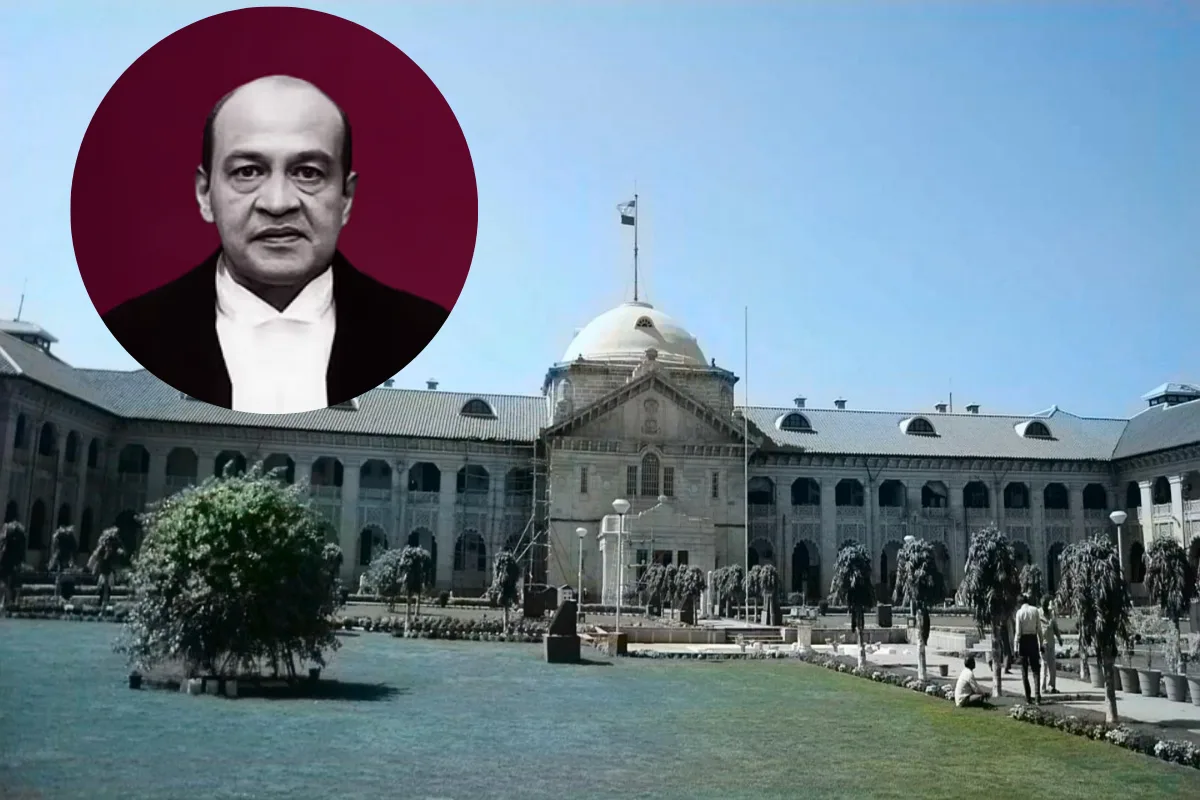NEW DELHI: In what could tighten the scrutiny of both judiciary and police on any nexus between highly-paid social media influencers and lobbyists, Delhi Police sources said that cops have begun monitoring the posts on X, Instagram & FB that are trying to influence or color the ongoing investigations into cash haul at Delhi HC judge Justice Yashwant Varma’s home on March 15.
“We have received verbal complaints from several quarters saying that certain influencers are attempting to sway public opinion on the ongoing probe by posting inflammatory tweets on X (formerly Twitter), accusing the judiciary of colluding with politicians. Records of such posts are being maintained. Records will be analysed and shared with the in house committee,” a Delhi Police source said.
Delhi Police sources also said that they may summon Call detail records (CDRs) & International Mobile Data Records (IMDRs) in connection with some social media posts to corroborate the complaints once the FIR is registered.
“Some of these influencers are using indirect references to some people such as M9, R4, G5 and JS. It’s not clear if they are directly involved in any transaction or otherwise. But we may summon CDRs, tower locations and IMDRS. Targetting any individual in the middle of probe by either stealing any document is also under scrutiny of Official Secrets Act (OSA),” said an official.
IMDRs typically include mobile data usage (amount of data transferred), time of usage, location of the user at the time of internet based calls between two numbers over social media apps like Whatsapp & FT audio.
“This coupled with mobile tower locations help ascertain the pattern in posting of posts in analysis. Everything will be transparent before courts including SC & HC,” said Delhi police official.
According to Constitution bench judgment of 1991 in K Veeraswami case, no criminal case can be registered against a High Court judge, Chief Justice of a High Court or a Supreme Court judge without prior consultation with the Chief Justice of India.
At present, an in-house probe is going on on the basis of committee appointed by the SC.
Only once the committee submits its report, the CJI has then options to order an FIR under the Judges (Inquiry) Act, 1968 and take necessary action.
The in-house action like this was ratified by the apex court for the first time in 1999.










